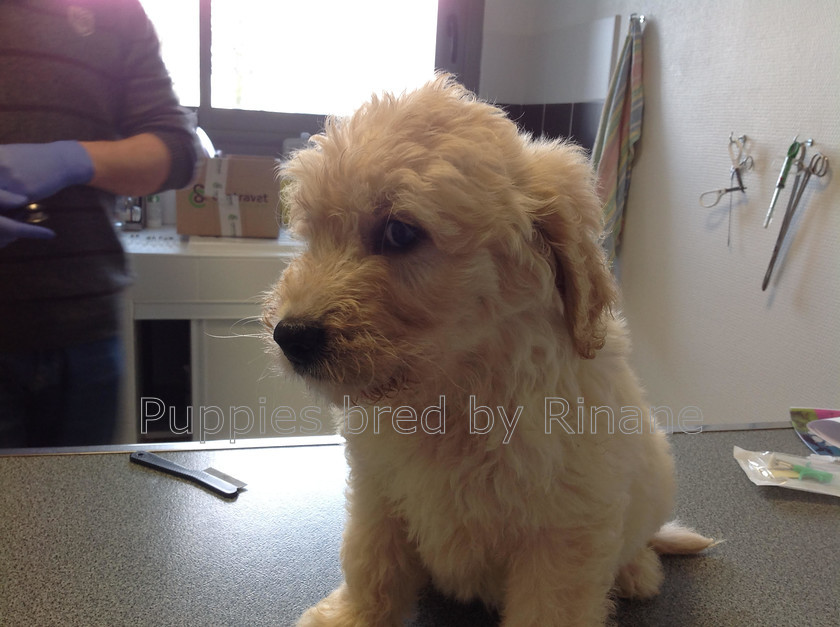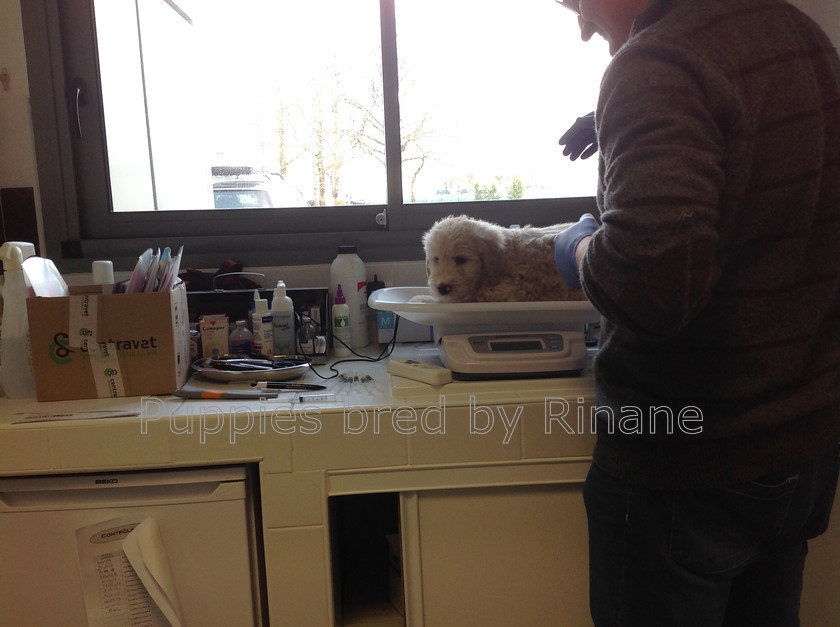Preparing For Your Puppy
Your puppy will be entering a new environment away from its mother and siblings for the first time. In order to ensure this experience is a happy one for all concerned, you should prepare for your puppy's arrival.
Most puppies are kept in the house as part of the family. You should decide where the puppy is allowed to go and examine your home for hazardous liquids or powders should be locked away. Treat your puppy as if it was your own young child.
The following are useful items to purchase before you collect your puppy:
- Dog Bed
- Blanket or washable bedding
- 2 bowls (1 for food and 1 for water)
- Puppy food
- Ear wash or wipes
- A dog brush or comb
- A small fabric collar and lead
- A stair gate* to prevent the puppy from going upstairs or to confine the puppy to a specific area
- A dog crate* an alternative to a dog bed but lockable to confine the puppy at specific times
- Suitable toys like rubber or nylon bones, a cuddly toy (ensure all toys have safe eyes as you would for a child)
- A small hot water bottle and alarm clock can be very comforting for a puppy's first night alone in their bed
*Useful but not essential
Introducing Your Puppy To The Family
Ensure that the puppy is not left on its own with young children or other animals and introduce them individually. The puppy has to learn how to behave and that you are the pack leader. This is the time to set the rules. If you are firm but kind now you will have an excellent dog in later years. Don't allow the puppy on furniture or to sleep in your bedroom.
The First Few Weeks
Your puppy needs to sleep, eat and drink, play and to relieve itself so a regular routine is desirable. It will be having four meals a day - please keep to the food your puppy's breeder has recommended. Changing the food will cause the puppy to have an upset stomach. Do keep to the recommended amount of food and don't feed scraps or treats. Increase the food according to the puppy's age. At three months you can increase the size of the meal and reduce the number of meals to three. At six months old the meals can be reduced to two. Make sure the puppy has a bowl of water and ensure that you put your puppy out in the garden to relieve itself after meals encouraging it, first thing in the morning and last thing at night. Puppies are not fully in control of their bodily functions - the best advice I ever had was if you see your puppy relieving itself in the house, firmly tell it no and put it outside. If you find puddles but have not seen the puppy do it - ignore it. Praise your puppy when it does its toilet outside.
Health Care
Once your puppy has settled you should introduce it to your vet who will examine it and give you any advice you need on its medical care.


